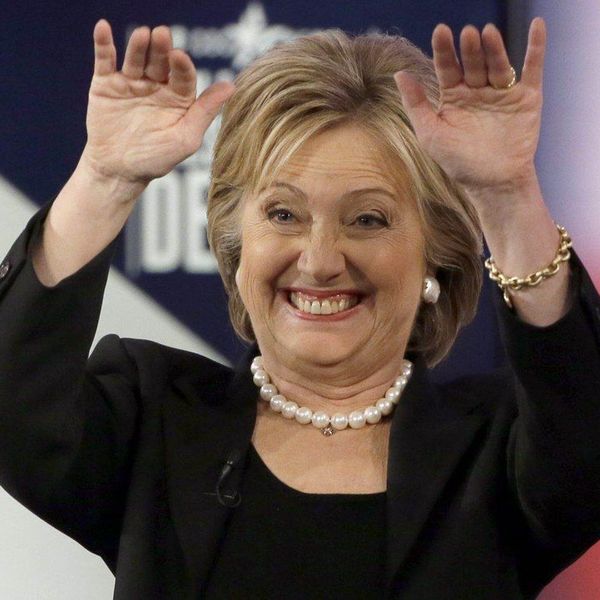Since the 2016 Presidential Election, news outlets have been chided for things they got wrong and for adding to the outcome of the election. Facts apparently have an evil twin we've deemed 'alternative.' Many news stories that have circulated social media or that portray the president in a negative light have been pronounced fake. Trust in the media has plummeted since the 1990s. As a journalism student, all of these things are incredibly disheartening and discouraging.
Being a writer has been a goal of mine since I was tiny. As a child, I made newspapers for my family, detailing weekend events and snow days and playdates with friends. I was a fellow and a mentor at the Western New York Young Writers' Studio from seventh grade on. In the third grade, I started reading the section in The Buffalo News that featured high school correspondents, and went on to become one of those writers in the tenth grade, managing to land a couple of covers of the section along the way. At our orientation meeting, the News gave us an official reporters notebook (at least, it looked official and said in big letters 'Reporter's Notebook' on the front), a t-shirt, and a booklet.
The booklet contained lots of useful tips and guidelines: Seek out sources that allow you to use their full name. Check your sources, written or otherwise. If the person you mention is over age 18, refer to them by their last name, and if they are under 18, refer to them by their first name. Numbers under ten can be written out, but those over ten should be written numerically. I still have this booklet in my desk drawer four years later, and although it is brief and written for high school students, it briefly explains points used by professional journalists.
At its core, journalism provides citizens information that allows them to be self-governing and free. It has a purpose to tell the truth, verify facts and information, be an independent monitor of power, be loyal to the citizens it provides information to, and turn complex information into comprehensive knowledge. Journalism's main purpose is to inform the public so it can participate in what is going on. This all adds to the democracy of our people and our nation.
However, the news media is far from perfect. Many outlets churn out stories quickly and without lots of details in an effort to be the first to break a story and post it on social media. Many are owned by large corporations who, like any industry, want to make a profit. News outlets tend to be biased. Many news outlets are still not very diverse, despite the fact that there are more women than men enrolled at universities with journalism programs and the number of people of color in the industry is increasing. The internet and social media have given rise to more forms of expression and journalism, and have therefore changed the definition of "journalist" so it not only incorporates professionals, but also people who seek to produce news in an ethical and responsible manner through blogs and other platforms. This leads the way for blurred lines in what can and cannot be considered journalistic.
Much of what went wrong for journalists in the past two years or so came from a sort of smugness and a long standing notion of newsworthiness: impact, prominence, and novelty take precedent when it comes to how stories are covered. In other words, anything Donald Trump did on the campaign trail was considered newsworthy and widely covered. This is why almost every one of Trump's tweets were reported on. A tendency to preach to the choir impacted algorithms on social media and ensured that people saw what they wanted to see instead of what was happening on both sides of the aisle and part of the reason why everyone thought Hillary Clinton was sure to win.
But, changes are happening in light of the new administration. Subscriptions to The New York Times skyrocketed in the weeks after the election. Many major outlets are putting more time and effort into revamping their investigative reporting teams. And as Marty Baron--a prolific news editor who oversaw the 2002 investigation of sex abuse scandals in Catholic Churches in Boston that were detailed in the film Spotlight--put these changes at the Code Media Conference last month, "We are not at war with the [Trump] administration. We are doing our jobs." This job is to be accurate, tell the truth, verify information, and retain independence, not have journalists become their own party.
Working with The Buffalo News afforded me the opportunity to dive into the world of a responsible journalist. It allowed me to get comfortable interviewing people in person and over the phone, many of whom I had never met before. It got me comfortable working with an editor and seeking images that convey the stories I told. It helped me to develop a thick skin when reporting unflattering truths. I am able to appreciate a well-written and researched article much more than I did before writing news stories. I am able to productively talk to people who have different views than me. Journalism exists in a nation with a free press to add to democracy. Not all news pieces are completely perfect, but it is not the enemy of the American people. Change is happening, and I can't wait to be a part of it.





















